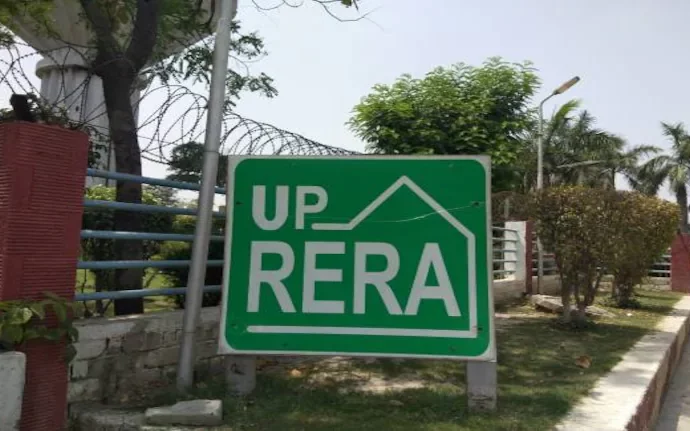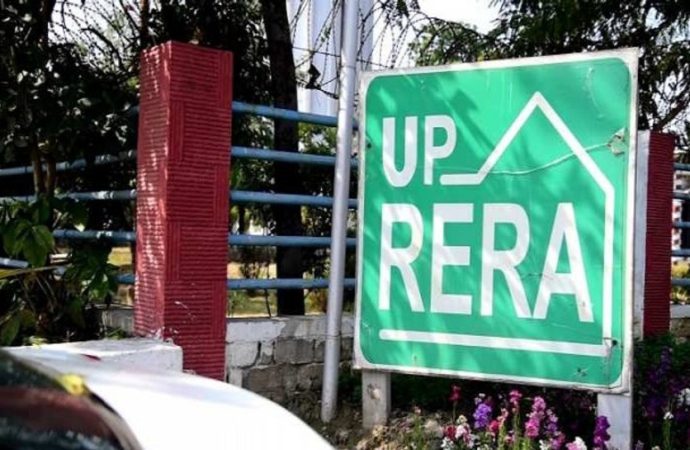Introduction: The Uttar Pradesh Real Estate Regulatory Authority (UP RERA) has recently cracked down on over 1,000 real estate projects for their failure to submit Quality Performance Reports (QPRs) properly. This article delves into the implications of the penalties imposed by UP RERA, emphasizes the significance of QPRs in ensuring transparency and accountability, and discusses
Introduction:
The Importance of QPRs:
Implications of the Penalties:
-
Regulatory Compliance: The penalties imposed by UP RERA highlight the authority’s commitment to enforcing regulatory compliance in the real estate sector. By penalizing projects that fail to submit QPRs properly, UP RERA aims to ensure that developers fulfill their obligations and maintain transparency in their operations.
-
Investor Protection: The penalties serve as a deterrent against non-compliance and protect the interests of homebuyers and investors. By holding developers accountable for inadequate QPR submissions, UP RERA aims to safeguard the rights of stakeholders and maintain trust in the real estate market.
Measures Taken by UP RERA:
-
Strict Enforcement: UP RERA has taken a firm stance on non-compliance by imposing penalties on projects that have not submitted QPRs properly. This sends a clear message to developers that adherence to regulatory requirements is non-negotiable.
-
Awareness Campaigns: UP RERA has initiated awareness campaigns to educate developers about the importance of QPRs and the correct procedure for their submission. By promoting awareness and providing guidance, UP RERA aims to facilitate compliance and improve industry practices.
-
Streamlined Processes: UP RERA is working towards streamlining the QPR submission process to make it more efficient and user-friendly. This includes providing developers with clear guidelines, simplifying documentation requirements, and leveraging technology to facilitate seamless submissions.

Image by: https://images. money control.com
Conclusion:
Visual Table for Key Points:
| Key Point | Description |
|---|---|
| UP Regulator’s Measures on QPRs | Introducing the stringent measures taken by the UP real estate regulator |
| Penalties Imposed on Non-Compliant Projects | Providing specifics about the penalties imposed on projects for QPR non-compliance |
| Significance of QPRs in Project Management | Discussing the importance of Quarterly Project Reports in real estate projects |
| Regulatory Framework for Real Estate in UP | Analyzing the legal framework governing real estate in Uttar Pradesh |
| Developer Perspectives on QPR Compliance | Exploring how developers are navigating compliance with QPR requirements |
| Legal Considerations for Projects Facing Penalties | Addressing legal considerations for projects facing penalties for non-compliance |
| Implications for Buyers and Investors | Assessing how the penalties may impact buyers and investors in affected projects |
| Industry Response to the Regulator’s Actions | Sharing insights into the industry’s response to the UP regulator’s actions |
| Ensuring Regulatory Compliance in Ventures | Offering strategies for ensuring regulatory compliance in real estate ventures |
| Path Forward for UP’s Real Estate Sector | Speculating on strategies for the sector to move forward after the regulatory actions |
Organic Keyword Usage:
Relevant keywords like “UP real estate regulator penalties,” “QPR compliance in projects,” and “Uttar Pradesh real estate sector” will be integrated naturally to enhance the content’s value and SEO.
Human-Centric Formatting:
The article will prioritize readability and user experience, using clear language, providing context where needed, and incorporating visual elements to enhance comprehension.

















Leave a Comment
Your email address will not be published. Required fields are marked with *